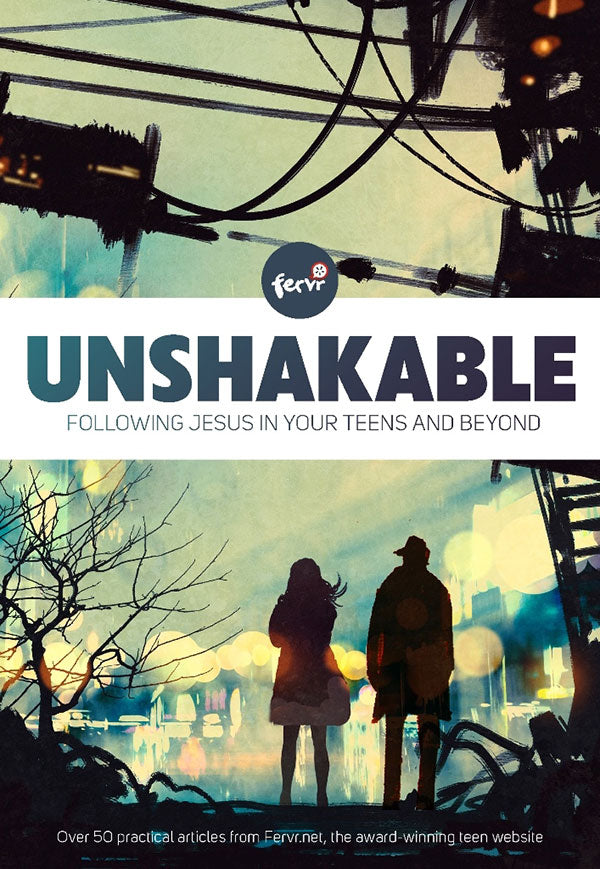
Calendar clash: sport or church?
A matter of wisdom for each family.
This is the second article in our ‘calendar clash’ series. Read the first part about Sunday birthday parties.
Recently, someone I studied with at Bible college, Dave Wilson, posed the following dilemma to our online graduates’ group:
‘My 12-year-old has been invited to the trials for a sports team, which would mean him missing two consecutive Sunday services. I want to model the right attitude to him and to our church, but I recognise the dangers of both legalism and idolising sport.’
In reply, evangelism teacher and author Sam Chan set a helpful tone, saying there’s no prescriptive one-size-fits-all approach; rather, it’s a case of each family exercising wisdom. He commented: ‘Like the early Church or churches in non-christendom countries, our worship rhythms won't fit society's rhythms—so we have to adapt’.
On the one hand, we want to teach our children the importance of meeting together face-to-face with our church. But on the other hand, we want to honour our children’s God-given talents and take the opportunity to connect with other families in our local community.
It depends …
Most people agree that if it’s just a one-off or occasional Sunday morning clash, such as for a trial game or gala day, then it’s not a big issue if we let our children play sport instead of going to church that week.
When the clash is regular, a common approach is to attend a different church service on that Sunday. Sam Chan’s family stays flexible by regularly attending two Sunday services, so that his children feel like they belong to both congregations and can work around their sporting schedule. Others suggested that watching church online during the week could be a good option if it’s not possible to attend a different church service (as long as we’re careful not to send the message that church is about ‘consumption’ rather than serving and encouraging others).
One church even decided to hold their main family service at 5 pm on Sundays partly due to the popularity of Sunday morning ‘Nippers’ in their beachside community. The church thought it was a useful way to help church members engage in the community and avoid forcing a timetabling clash with a very popular activity for local kids.
Families living in regional and rural areas face different considerations. In general, their churches are too small to have multiple service times, and playing sport, especially at a higher level, involves travelling long distances to games.
Yes, but …
One couple had a son who was particularly gifted in sport. So they said yes to Sunday sport, as long as he was part of an evening congregation and attended a local church when he was playing an away game. Their view was that God had given him those gifts and abilities and as parents, they needed to teach him how to steward them well.
Another graduate was a minister’s daughter who played a lot of representative netball as a teenager. She explains her parents’ approach: ‘I was allowed to play on Sundays as long as I came to church at night. I had to organise my own transport with other parents and my parents didn’t come to watch me play on Sundays. I’d say my parents got it right. Elite and everyday sport was part of our family. Sport was never more important than our faith but was and still is very much enjoyed.’
Ian Holder had a different experience growing up in a church going family that was also very sporty. He remembers, ‘When whole-weekend or Sunday representative sport came up, there was no question for us—sport came first. This had a huge impact on my attitude to both. I came to view sport as far more important than Christian faith, and in high school I totally gave up on the latter.’
Ian continues, ‘After I became a believer and specifically as a ministry worker, I had a football final clash with Sunday church. I took it as a given that I wouldn't play, but my boss at the time asked, “Is this the usual?” When I said no, he said it was OK to play as long as I gathered with the evening congregation that week. I liked that he wasn't legalistic but considered it as a one-off.’
No, but …
Some parents have a firm ‘no’ when it comes to regular Sunday sports, encouraging children to find a sport that’s played on another day. Jay Moore commented: ‘I think having godly habits and firm priorities doesn’t equate to legalism’.
Michael Hutton explained: ‘Our family always just said church comes first. You can play sport on Saturday, but Sunday is the Lord’s Day. Unbelievers have Sunday as a free day, but we are not free, that day is for the Lord and for encouraging his people’.
One dad, Evan Lowndes, said that this decision had not been easy, since ‘it goes against my natural inclination to elevate sport to a level of irrational importance’. Another said, ‘For me the question comes down to: What would you rather for your kids—a shadow of worldly glory now, or eternity in glory with Jesus? You’ve got to start with the end and work back’.
When we have to make these tough decisions, it’s helpful to remember Paul’s words:
‘[T]rain yourself to be godly. For physical training is of some value, but godliness has value for all things, holding promise for both the present life and the life to come.’ (1 Timothy 4:8)
Always a conversation
A few people emphasised the importance of talking these decisions through with our children. Julie Bosma said, ‘We explain our reasoning for when we decide it is OK to miss a week or not. Is there a gospel opportunity involved? Are we developing a pattern of behaviour in prioritising something else over gathering with God's people? For us it’s not just about missing the fellowship ourselves, but the fact that we are there to encourage others. We've wanted to model what we do, and how we think and pray through how we prioritise church.’
One mother asked, ‘I wonder whether the spiritual position/strength of your child makes a difference. Are they strong in faith and wanting to witness to that? Or are they still unsure and weak? Are they going to (and keen to go to) mid-week Bible studies or youth group? Answers to those questions would impact my thoughts on whether to do the sport on Sundays or not’.
Either way, it’s important to include our children in the decision-making process.
Not just sport
Many people pointed out that the problem of Sunday calendar clashes is not limited to children’s sport, but one that adults face too. One pastor commented, ‘I think it's a pertinent question for professional sportspeople too. And I'd put them in the same bracket as shift workers like police, nurses and emergency services workers. I’d be encouraging them to gather around the word with believers on Sundays when they can, and to prioritise that at other times during the week too’.
As we help our children to navigate this issue, we are equipping them to make wise decisions as adults.
So what did Dave do?
‘We agreed to let our son go to the trials, and watch the sermon video during the week, but he knows that if he makes the team and training or games are regularly scheduled for Sundays, he'll drop out of the regional team and just stick with the local team’.
---
With thanks to all the SMBC graduates who shared their views.

Unshakable
When should I start dating? Is it OK for Christians to drink alcohol? How do I tell my friends about Jesus? Do I need to go to church? What job does God want me to do? 'Unshakable' answers some of the biggest questions facing teens and young people today.
For more articles from Growing Faith, subscribe to our monthly e-newsletter.
To hear about the latest books and resources from Youthworks Media, subscribe here.








